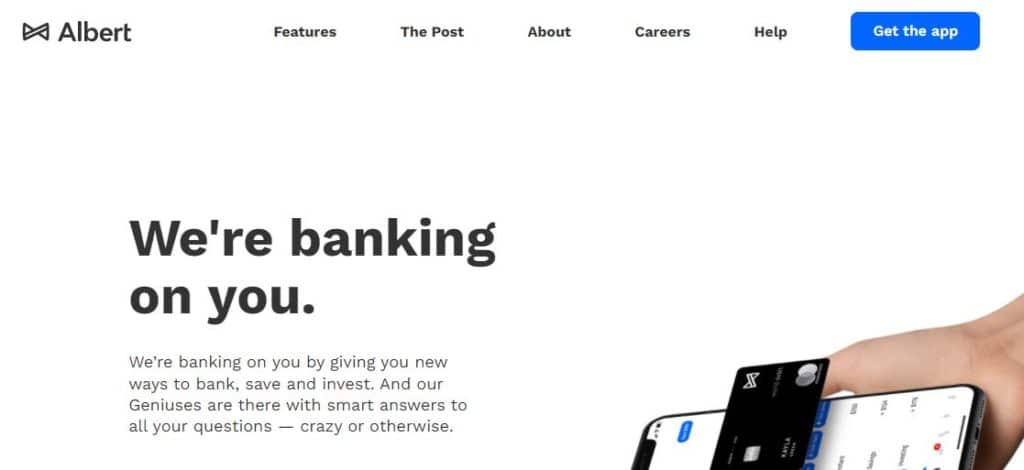Personal finance apps do not save you money, but the insights and habits they promote will. Your financial application’s major value should be to supply users with the knowledge they require and advice for creating good money management habits.

In the modern age, effective financial management is critical. With the proliferation of smartphones, mobile apps have become essential by using money management app. Finance mobile applications include a variety of tools to assist users in tracking, managing, and enhancing their financial situation.
In this blog post, we’ll look at the most advanced features that any finance mobile app should have.
Features of finance management app to look for:
- Use of biometrics to access the app:
Biometric authentication, such as fingerprint or facial recognition, provides additional protection for finance apps. Users may securely log into their accounts without having to remember difficult passwords.
- Tracking all expenses:
Expense tracking is important if you are looking for budgeting and financial planning. Finance apps can automatically categorize and track expenses, giving users a comprehensive insight into their spending habits.
- Tracking investments:
Real-time tracking of all investments, income, expenses, and performance metrics are crucial for investors. Finance apps can give users up-to-date information about their investments, allowing them to make informed decisions.
- Bill Payments:
The app allows users to pay bills immediately, schedule payments, and receive reminders to avoid missing deadlines. The subscription tracker feature monitors all the bill payments and their deadlines.
- Credit Score Monitoring:
Users can track and improve their credit ratings over time, leading to improved financial prospects.
- Loan Management:
Using the app to track and manage loan installments and interest rates simplifies the procedure and prevents missed payments. It is usually connected to online banking apps to sync with payments.
- Budgeting tools and features:
These tools enable users to develop and monitor budgets. Overspending alerts can help consumers stay within their budget and avoid financial distress.
- Managing financial portfolio:
Portfolio management tools assist users with diverse investment portfolios in tracking performance and making necessary modifications. It uses an income tracker feature to keep track of all finances.
- Cryptocurrency Integration:
Adding options for buying, selling, and tracking cryptocurrency might increase interest in this asset class.
- Setting personalized financial goals:
Setting financial goals and tracking success might drive consumers to improve their financial health.
- Automated Savings:
Enabling automatic payments to savings accounts allows customers to accumulate savings without actively managing them. Budgeting apps like Quicken Simplifi can automate spending and savings categorization.
- Personalized recommendations:
Offering personalized financial advice and recommendations based on user behavior helps enhance financial habits.
- Tax Management:
Tools for tracking tax information and deductions can make tax filing easier for users.
- Expense Sharing and referrals:
Share bills and expenses with friends or family to simplify group budgeting. If anyone joins using your reference or referral code, both of you can get some rewards. Finance apps like Oportun can also give you referral features.
A finance mobile spend tracker app with extensive functionality can help users manage their finances more successfully. From biometric authentication to personalized advice, each element contributes significantly to the user experience and helps customers accomplish their financial goals.